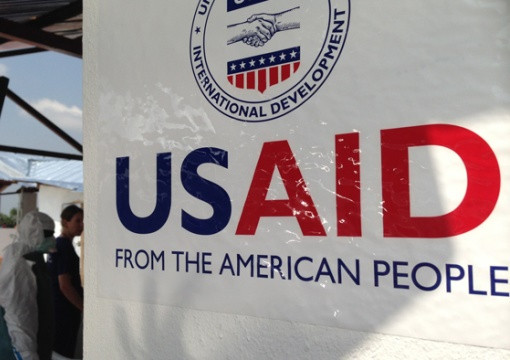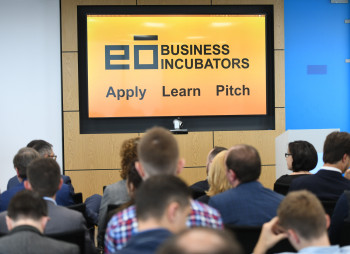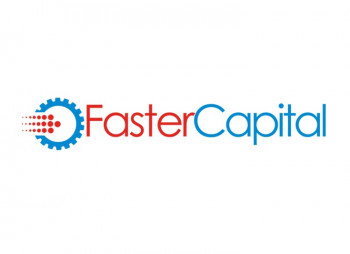Business incubators are not new to Ukraine. Programs to assist small and medium-sized enterprises (SMEs) and startups with managerial training, office space and access to potential investors first appeared in Ukraine in the 1990’s. Today, there are more than 100 programs that call themselves incubators.
Some of these incubators are intended for tech startup specifically. They are offered by venture capital firms, large businesses, academic institutions, for-profit and not-for-profit property development organizations, and individual investors.
UNIT.City, a leading “innovation park” in Kyiv (Kiev), aims to offer a favorable environment for technology innovation and entrepreneurship.
Offered by the National Technical University of Ukraine (INESC), Innovation Ecosystem Sikorsky Challenge, has a startup school, a business incubator, a center for intellectual property and a venture fund.
While Ukrainian startup incubators failed in the past, there are a few limitations with the existing ones. Some university-backed programs are accessible only draw to students who are already enrolled. Incubators developed by property developers are more likely to focus more on the co-working space aspect of their environment. Some incubators take a substantial equity stake in the incubated businesses. And in most cases, mentors involved in these programs have limited entrepreneurial experience or are only from Ukraine.
USAID-funded eō Business Incubators is the newest initiative in this field. It describes itself as a “first-of-its-kind in Ukraine seed-stage, mentor-driven program for the cultivation of competitive global startup companies and market leaders”
Charles Whitehead, who is the Director of the Law, Technology and Entrepreneurship Program at Cornell Tech in New York City, is the co-founder of the program. Kyiv and Kharkiv (Kharkov) are the first two cities where eō will have incubator space.
Three key features of eō Business Incubators are:
- An international orientation;
- Accessibility to any Ukrainian entrepreneur;
- Mentorship support by global, experienced entrepreneurs.
“My incubator is a startup itself and we need to prove that the concept works in Ukraine. So we’re starting relatively small with 8-12 companies. Once we get up and running, we could get up to 20 or 30 companies per cycle,” said Whitehead.
“We’re looking for a broad range of companies, anything from IT to pharmaceuticals, agritech to legal tech, hardware, software, material sciences, etc.,” he added.
“Our approach is really something that you’d expect to see more in the US than in Ukraine. We want the teams to be able to engage directly very early on with the mentors, which is why we start out with the six-day boot camp,” said Charles.
“And our mentors are really top notch. Each team that’s in the incubator will have a Ukrainian and a non-Ukrainian mentor.”
Overall, the program is four months long and there will be a demo day for the participating startups after it concludes.
There is no fee to join the eō Business Incubators, but incubated businesses are required offer a 1% equity stake to each of the two mentors working with them.
Through the incubators, businesses receive free advice from lawyers and/or financial managers; however, if the startups will request more than basic advice, thes advisers may also receive an up to 1% equity stake and/or normal fees that may be deferred.
Thus, startups may be required to offer up to 3% of its equity, fully diluted, to the mentors and advisors. (Some Ukrainian incubators take a much bigger stake.)
Information sessions were held in early April in Kyiv, Kharkiv, Dnipro, Lviv (Lvov) and Odesa (Odessa) where Whitehead met with academics, scientists and start-up entrepreneurs to answer questions about the program.






